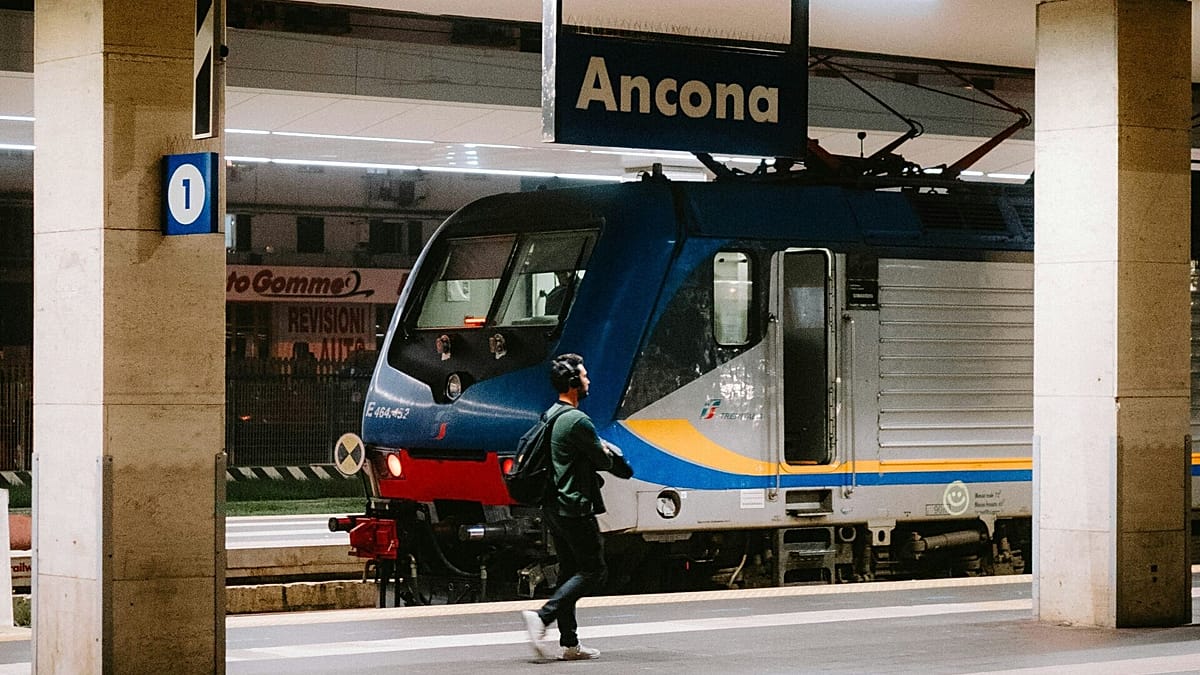Published on
Travellers coming to Italy could face major disruption with a nationwide general strike on 28 November. Both public and private sectors are set to participate. The strike is scheduled to last 24 hours and is expected to affect long-distance trains, local transport, ferries, airports and other transport links.
Italy’s largest union, CGIL, has also called for a 21-hour general strike on 12 December, disrupting rail services and adding to ferry and aviation walkouts planned next month.
The strike is scheduled to run from just after midnight on 12 December until 9 pm the same day, according to the transport ministry’s strike bulletin.
Why is the union striking?
Unions are calling the strikes largely in protest at the government’s budget plans.
Grassroots organisations, including Cobas, Usb, Sgb and Cub, have called for mass mobilisation this Friday, 28 November, to demand greater investment in health, education and other essential services, as well as a reduction in military spending.
CGIL, the leader of the 12 December walkouts, says the fiscal plan cuts funding for public services and leaves many long-expired national labour contracts unresolved.
The union argues that staffing shortages, rising living costs and delayed negotiations have created pressure across schools, hospitals and other essential services.
When the strike was announced in November, Prime Minister Giorgia Meloni took to social media to criticise the timing, suggesting unions were looking for a long weekend.
“What day of the week is 12 December?” she wrote on X, adding a thinking-face emoji.
What does this mean for travellers?
On 28 November, long-distance and regional rail services, local public transport, ferry and potentially air links may run on reduced timetables or be cancelled entirely.
The biggest impact of the 12 December strike will be on rail transport. Long-distance and high-speed services across Italy may again face cancellations or reduced schedules, potentially affecting routes between cities such as Rome, Milan, Florence and Turin.
Those connecting to airports by train should leave extra time in case services are cancelled or rescheduled. December is already a busy period for holiday travel, so even limited cancellations may create bottlenecks on key national routes.
Flights are not explicitly included in this walkout, and Italy’s airports are expected to operate normally. Travellers arriving by air, however, may find their rail connections affected if national services are running on an altered timetable.
Ferry connections may also be affected later in the month. A two-day strike called by ferry companies Tirrenia CIN and Moby, from 3 pm on 9 December to 3 pm on 11 December, could disrupt travel between the mainland and islands such as Sardinia and Sicily.
On 17 December, a four-hour walkout from 1 pm to 5 pm involving ground handling staff, airline crews and air traffic controllers responsible for Rome’s surrounding airspace may cause delays at airports across the country.
According to the Italian civil aviation authority, ENAC, flights are guaranteed during strikes from 7 am to 10 am and from 6 pm to 7 pm.
On railways, pre-booked long-distance tickets affected by cancellations allow passengers to request a full refund or to be moved to an equivalent service. Operators typically publish updated timetables and guaranteed service lists in the days leading up to a strike.
More information can be found on ENAC’s website, as well as the Transport Ministry’s website, which keeps a running list of strikes.
